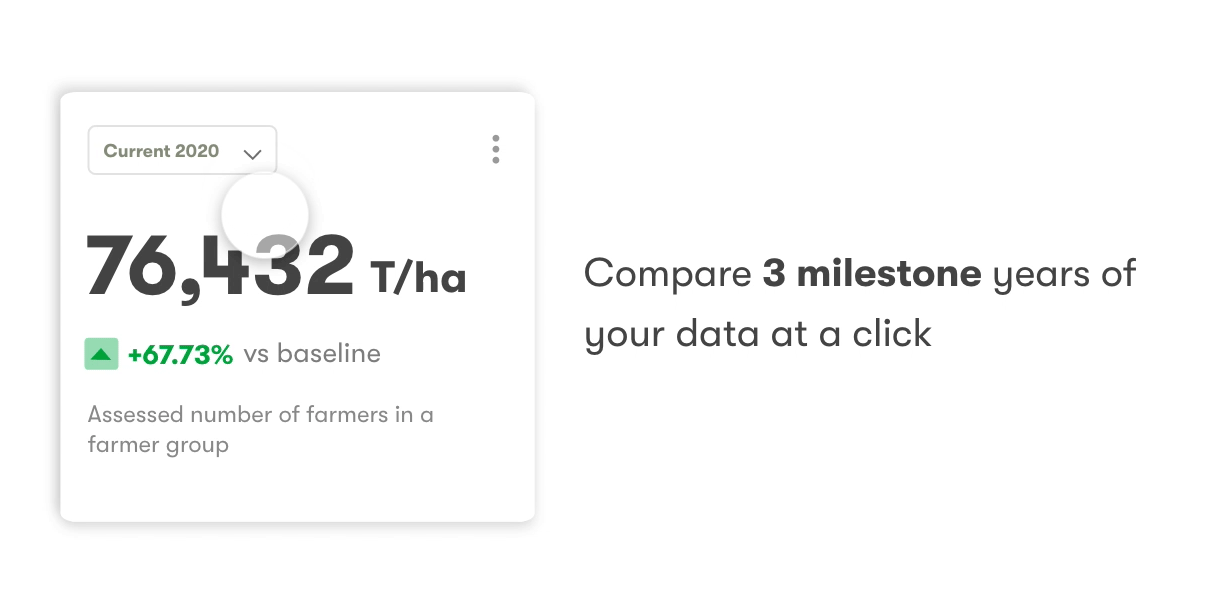PROMOTING CLIMATE-RESILIENT AGRICULTURE THROUGH THE STEPWISE APPROACH
While improved yields, income and livelihoods for rural farmers are directly linked to Good Agricultural Practice training amongst other things, on the other hand, these extended training periods are proving to be a huge sacrifice on the farmers financially and time spent away from their farms.
In Mt. Elgon, Uganda, Olam is co-funding the Stepwise Approach - in partnership with the International Institute of Tropical Agriculture (IITA) and support from GIZ and USAID’s Feed the Future Alliance consortium for Resilient Coffee – to develop climate-smart agricultural practices, save on cost while building farmer climate resilience in the long-term, all the while creating a more sustainable coffee supply.
“Since I started implementing these practices, I have seen great improvements in terms of yield from small areas where I am getting more yield because one bush bears a lot of cherries … So I saw that there is a way to get more coffee." Antonina Mateba, coffee farmer, Namabungu village, Uganda.
“The Stepwise approach helps us re-imagine how we engage with our farmers. The programme has helped us understand how to tailor training approach to complement the profile of our farmers at every stage of their agricultural journey,” Jeremy Dufour – Sustainability Manager, Olam.
Jigga Alex – Olam Uganda Coffee Agronomist finds all this very encouraging. “Most Uganda coffee farmers earn their livelihood from agriculture which makes it essential for them to learn intercropping techniques to give them an extra income while they are waiting for their coffee to become productive.”
Demonstration plots serve as farmer field school for farmers to observe first-hand the four steps and incremental increase in coffee quality and yield at each stage.
Increasing farmer profitability reduces their vulnerability to unpredictable weather events and market-related shocks, which makes resorting to unsustainable practices less likely.
